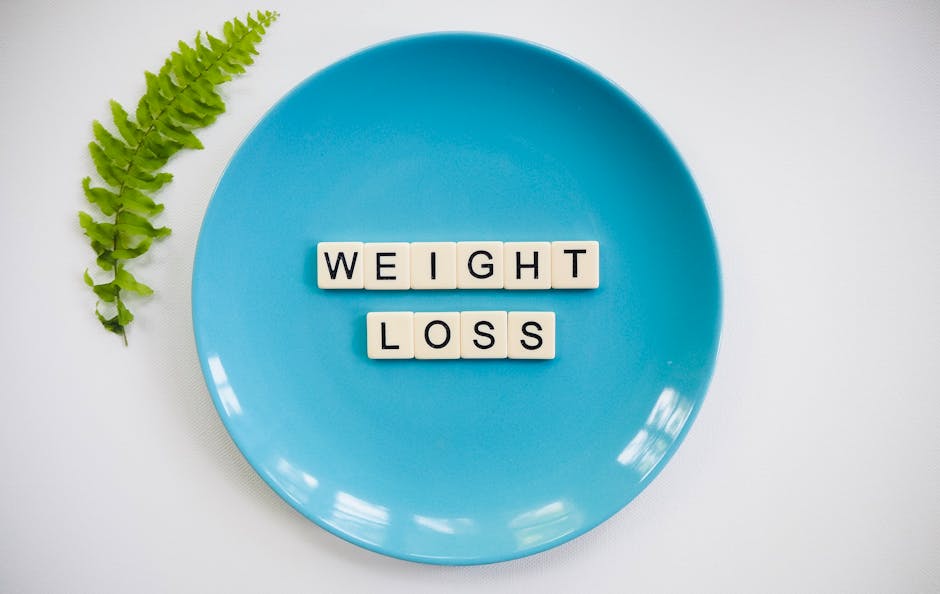**Introduction:**
Losing weight and maintaining a healthy diet can be a daunting task, but with the right knowledge and strategies, it is entirely achievable. This comprehensive guide will provide you with essential information, practical tips, and proven techniques to help you reach your weight loss goals while improving your overall well-being.
**Understanding the Basics of Weight Loss:**
Weight loss occurs when you burn more calories than you consume. Creating a calorie deficit is key, and it can be achieved through a combination of diet and exercise. Aim for a gradual weight loss of 1-2 pounds per week, as rapid weight loss can be unsustainable and unhealthy.
**Finding the Optimal Diet:**
There is no one-size-fits-all diet that works for everyone. Consider your individual preferences, health conditions, and lifestyle when choosing a diet plan. Popular options include the Mediterranean diet, DASH diet, and plant-based diets. Focus on whole, unprocessed foods, fruits, vegetables, and lean protein.
**Developing a Realistic Exercise Plan:**
Exercise is an essential component of any weight loss program. Aim for at least 150 minutes of moderate-intensity or 75 minutes of vigorous-intensity cardio per week. Additionally, incorporate strength training exercises to build muscle and boost metabolism. Find activities you enjoy to make exercise a sustainable part of your routine.
**Dietary Changes for Weight Loss:**
* **Reduce processed foods:** Processed foods are often high in calories, unhealthy fats, and sugar. Opt for whole, unprocessed foods like fruits, vegetables, and lean protein.
* **Limit sugary drinks:** Sugary drinks are a major source of empty calories. Replace them with water, unsweetened tea, or coffee.
* **Cook more meals at home:** Cooking at home gives you control over ingredients and portion sizes. Avoid eating out frequently, as restaurant meals can be high in calories and unhealthy fats.
* **Choose healthy snacks:** When hunger strikes, reach for healthy snacks like fruits, vegetables, nuts, or yogurt instead of sugary or processed snacks.
**Mindful Eating and Portion Control:**
* **Pay attention to your hunger cues:** Eat when you're genuinely hungry and stop when you're comfortably satisfied.
* **Practice mindful eating:** Pay attention to the taste, texture, and aroma of your food. Eat slowly and without distractions.
* **Control portion sizes:** Use measuring cups and spoons to portion out your meals and avoid overeating.
**Lifestyle Modifications for Weight Loss:**
* **Get enough sleep:** Sleep deprivation can lead to hormonal imbalances that make it harder to lose weight. Aim for 7-9 hours of quality sleep per night.
* **Manage stress:** Stress can trigger emotional eating. Find healthy coping mechanisms like exercise, meditation, or spending time in nature.
* **Seek professional help if needed:** If you struggle to lose weight or have underlying health conditions, consult with a healthcare professional or registered dietitian for personalized guidance and support.
**Conclusion:**
Losing weight and maintaining a healthy diet requires a multi-faceted approach that involves dietary changes, exercise, mindful eating, and lifestyle modifications. By following the strategies outlined in this guide, you can achieve your weight loss goals, improve your overall health, and live a more fulfilling life. Remember, weight loss is a journey, not a destination. Embrace the process, make gradual changes, and celebrate your successes along the way.

